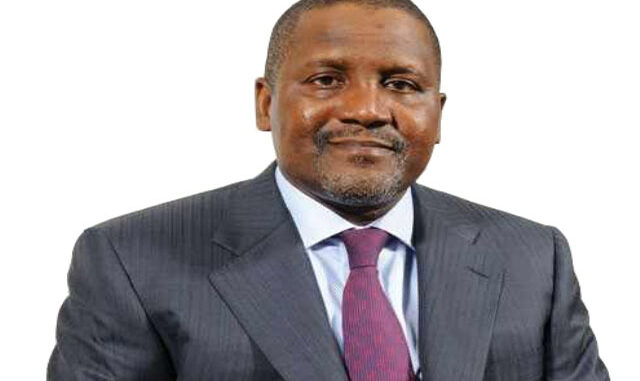
The situation surrounding Dangote’s refinery investment in Nigeria seems quite complex. Here’s a breakdown of the key points:
- Investment and Criticism: Aliko Dangote invested heavily in building a 650,000 barrel-per-day refinery in Nigeria, primarily to address the country’s longstanding fuel supply issues and reduce dependency on imports.
- Initial Challenges and Taunting: Despite his efforts, Dangote faced criticism and warnings from friends about investing in Nigeria due to policy inconsistencies and challenges from interest groups. Now, these friends are taunting him, claiming their warnings were justified.
- Quality Concerns: Recently, there have been claims from the Nigerian Midstream and Downstream Petroleum Regulatory Authority (NMDPRA) that diesel produced by Dangote’s refinery does not meet international standards, particularly regarding sulfur content.
- Response and Clarifications: Dangote and his team have refuted these claims, asserting that their products meet all required standards. They also argue that the refinery is critical for Nigeria’s energy independence and economic development.
- Government Stance: The Nigerian government, through the NMDPRA, has stated that the refinery is still at a pre-commissioning stage and has not been officially licensed. They are awaiting further reports to confirm the sulfur content of the diesel produced.
- Future Actions: Despite the challenges, Dangote remains committed to his investment and has even expressed willingness to sell the refinery to the Nigerian National Petroleum Corporation (NNPC) if necessary to ensure its operation for the country’s benefit.
Overall, the situation reflects broader issues in Nigeria’s energy sector, including regulatory challenges, quality standards, and the economic implications of large-scale investments.